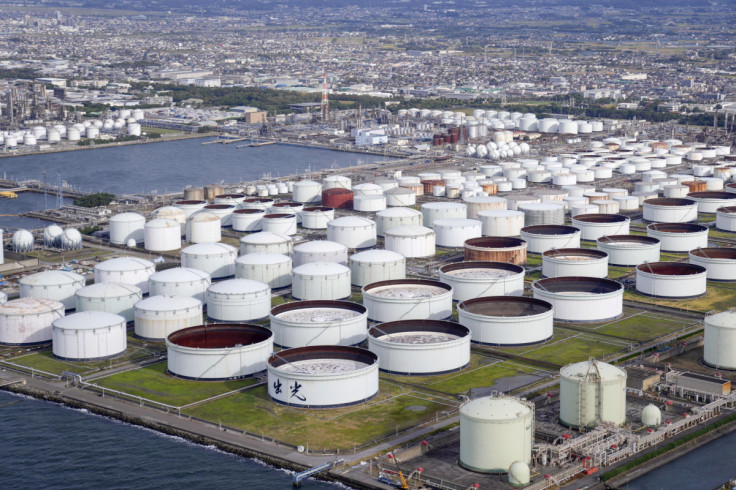Oil Falls As Banking Concerns Persist, Likely Fed Rate Hike

Oil prices fell on Monday for a second session on concerns that risks in the global banking sector may cause a recession that would lead fuel demand to decline and ahead of a potential interest rate hike by the U.S. Federal Reserve this week.
Brent crude futures for May settlement slid 68 cents, or 0.9%, to $72.29 a barrel at 0500 GMT after a near 12% loss last week, its biggest weekly fall since December.
U.S. West Texas Intermediate crude for April delivery was at $66.16 a barrel, down 58 cents, or 0.9%, after a 13% decline last week, its biggest weekly drop since last April. The April contract will expire on Tuesday and the more actively traded May future was also down 0.8% at $66.40.
The slide in oil comes despite a historic deal which will see UBS, Switzerland's largest bank, buying the country's No. 2 lender Credit Suisse in an effort to stop a banking crisis from spreading.
Following the announcement, the U.S. Federal Reserve, European Central Bank and other major central banks pledged to enhance market liquidity and support other banks.
"The market focus is on current banking sector volatility and the potential for further rate hikes by the Fed," said Baden Moore, National Australia Bank's head of commodity research.
"The upcoming OPEC meeting is another potential catalyst on the outlook for the market. Further downside risk to prices increases the probability OPEC reduces production further to support prices," Moore added, referring to the Organization of the Petroleum Exporting Countries.
The U.S. Federal Reserve is expected to raise interest rates by 25 basis points on March 22 despite the recent banking sector turmoil, according to most of the economists polled by Reuters.
However, some executives are calling on the central bank to pause its monetary policy tightening for now but be ready to resume raising rates later. A slowdown in interest rate hikes could depress the greenback, making dollar-denominated commodities like crude oil more affordable for holders of other currencies.
"The U.S. Fed will be most important institution to watch this week," said Commonwealth Bank of Australia analyst Vivek Dhar in a note.
"We'll see how they weigh up financial stability risks with containing inflation."
A ministerial committee of OPEC and producer allies including Russia, known as OPEC+, is set to meet on April 3, with a full ministerial meeting planned for June 4. The organization had agreed in October to cut oil production targets by 2 million barrels per day until the end of 2023.
Separately, Goldman Sachs cut its forecasts for Brent crude after prices plunged on banking and recession fears. The investment bank is now expecting Brent to average $94 a barrel in the next 12 months, and $97 in the second half of 2024, down from $100 previously.
© Copyright Thomson Reuters 2025. All rights reserved.





















